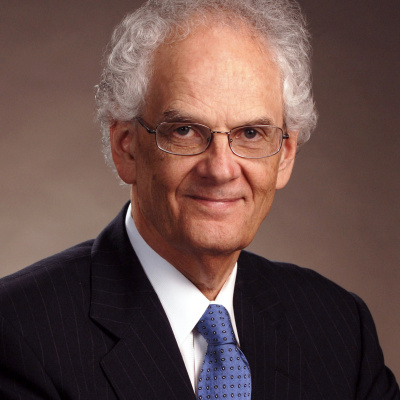Mit Cms/w
The Language of Civic Life: Past to Present
- Autor: Vários
- Narrador: Vários
- Editor: Podcast
- Duración: 1:23:30
- Mas informaciones
Informações:
Sinopsis
When everyday citizens interact about politics today, they often do so (1) anonymously and (2) in digital space, which results in a kind of aggressive chaos. But what happens when people identify themselves to one another in place-based communities as they do, for example, when writing letters to the editor of their local newspaper? How does that change public discussion? This talk by Roderick Hart operationalizes the concept of “civic hope” and reports the results of a long-term study of 10,000 letters to the editor written between 1948 and the present in twelve small American cities. Hart’s argument is that the vitality of a democracy lies not in its strengths but in its weaknesses and in the willingness of its people to address those weaknesses without surcease. If democracies were not shot-through with unstable premises and unsteady compacts, its citizens would remain quiet, removed from one another. Disagreements – endless, raucous disagreements – draw them in, or at least enough of them to sustain civi



